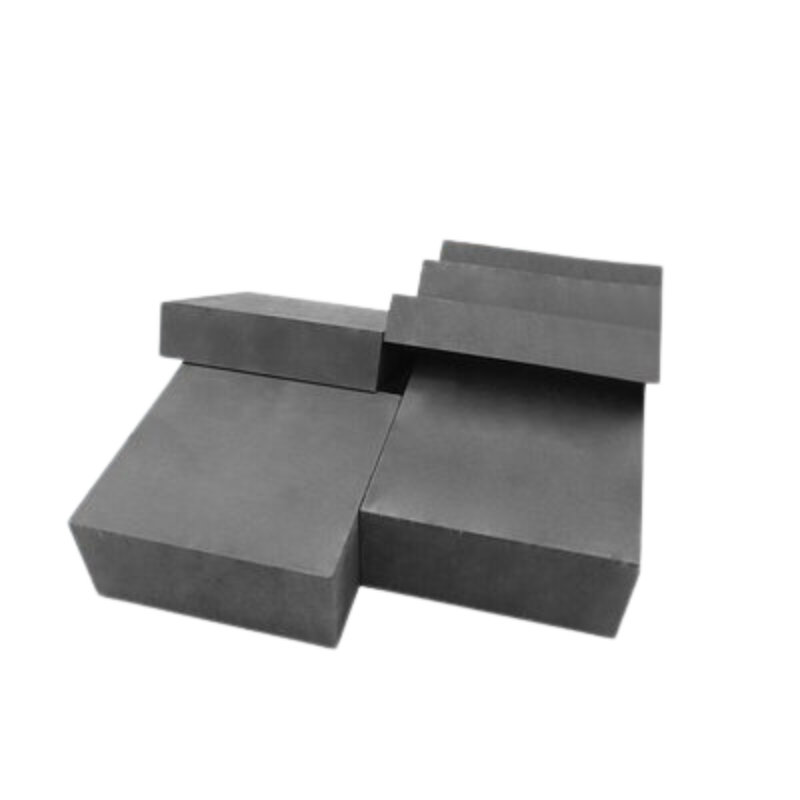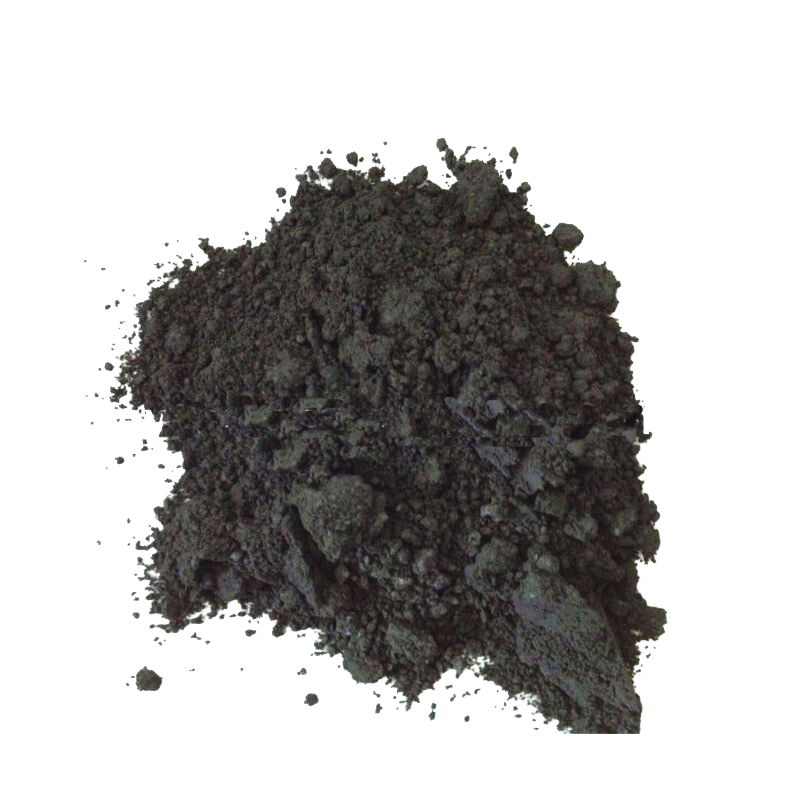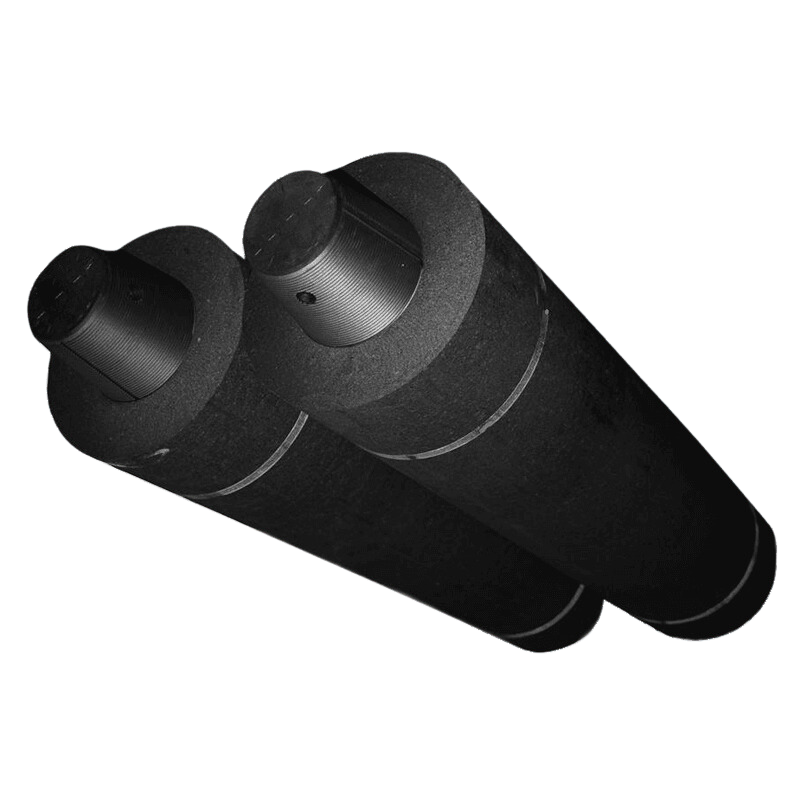Graphite electrodes demonstrate several superiorities across various applications, making them indispensable materials in many industries. Here are several key advantages of graphite electrodes:
1.Excellent conductivity: Graphite exhibits outstanding electrical conductivity, making it an ideal material for manufacturing batteries, electrolytic cells, and other electrochemical devices. Its high conductivity enables graphite electrodes to perform well in current transmission and electrochemical reactions, thereby enhancing the efficiency and performance of various electrochemical processes.
2.Corrosion resistance: Graphite electrodes possess excellent corrosion resistance, allowing them to operate stably in extreme chemical environments. This makes graphite electrodes the preferred material in many corrosive media, such as electrolyte solutions, acidic and alkaline solutions, and chemical reactions in high-temperature environments.
3.High temperature stability: Graphite electrodes have good high-temperature stability, enabling them to operate steadily at high temperatures without failure. This widespread application of graphite electrodes in high-temperature applications includes glass melting in the glass industry, metal smelting, and high-temperature chemical reactions.
4.Mechanical strength: Graphite electrodes have high mechanical strength and compressive resistance, able to withstand high pressure and mechanical stress without fracturing or deformation. This property makes graphite electrodes suitable for various high-pressure applications, such as electrodes in arc furnaces and sealing components in pressure vessels.
5.Machinability: Graphite possesses good machinability, allowing it to be processed into various complex shapes and sizes through cutting, milling, drilling, and other methods. This versatility enables graphite electrodes to meet the diverse requirements of different applications, thus widely used in various industrial sectors.
In summary, graphite electrodes possess outstanding conductivity, corrosion resistance, high-temperature stability, mechanical strength, and machinability, making them indispensable materials in many industries.





